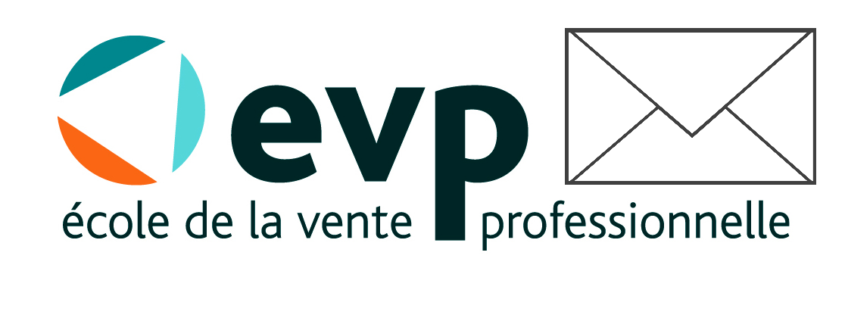Preparing For When The Economy Bounces Back
As you deploy your team’s crisis-management strategy, you might have started looking further ahead into the future, with an action plan set for the next two or three days, or even the next two to three weeks. We’re right there with you during this difficult time, and we want to draw your attention to something you may have excluded from your strategy, knowingly or not: the return to business as usual.
You may have seen the news in your LinkedIn feed or local paper these past few days: China is slowly but surely resuming economic activity—when just a few weeks ago the country was at a complete standstill.
What this shows us is that every business should already be thinking about the logistics of a return to normal, even if it feels like the distant future right now. When this time comes, it’ll be too late to think up a game plan. Strategy and specific needs will differ vastly by industry, but here are a few suggestions on how to start preparing—a core concept here at EVP.
Employees
From international companies to small businesses, many employers have unfortunately had to temporarily lay off part of their workforce due to the crisis. But what happens when operations resume again?
Keeping in touch with your employees is a must. Have they found other work? Will they be prepared to return to work as soon as it’s possible? Can they occasionally work from home if necessary? Will they need to take time off at the end of the crisis, once travel is finally an option again? Is the office properly equipped for their return to work? Will they need training when they come back?
We encourage you to communicate regularly with employees and find out how they’re coping. We’re all going through a difficult period and each person will be facing unique challenges. Let them know you’re there if they need to talk. Maintaining morale during quarantine will be crucial for a smooth return to work.
EVP’s recommendation: Organize a videoconference quiz night and use this occasion to check in on everyone!
The return to work
If we’re lucky and everyone does their part (have you been washing your hands?), we might find ourselves back at the office just as summer begins. What would that mean for your business? Is summer a busy time for you, or do you need to think about diversifying your products and services to make up for the months lost this winter and spring? How should you manage your investments? Will you need to hire? Should your company offer promotions, and if so, how will you go about it?
These are questions to ask ourselves, regardless of when exactly the economy gets back on its feet!
EVP’s recommendation: Make multiple plans for different potential return dates.
Providers
It goes without saying that your providers are likely also in crisis management mode, or even shuttered indefinitely. Since you’ve followed our advice and started planning for your return to operations (☺️), you should be asking providers and collaborators about their own post-crisis plans. As soon as you get your business activities started back up, they’ll need to be ready to do the same!
And for now, can they guarantee reasonable deadlines for orders? Will they offer discounts during these quieter times? Which products and services are affected? Do you have a second trusted provider as a backup if your number one falls through?
EVP’s recommendation: Take advantage of this time to research providers: there might be one out there who can better meet your needs.
Communications
If you’re active on social media or rely heavily on marketing, your communications strategy during the crisis is likely already in place. If so, great! Now it’s time to think about communications once the crisis-management period starts tapering off.
How will you target communications to your social networks? Which products and services would be best to promote, depending on the time of year when activities resume? In what ways will you need to revise your annual communications strategy? What information will clients want about your business once everything is up and running? Should you revamp your brand identity while things are quiet? What about your employer branding?
***
In short, PREPARATION is key. These avenues to explore will likely lead to others, which is a good thing. You have time to think about your plan for getting back on track, down to the last detail!
Read also: Questioning and listening to the client: a successful business relation
Photo credit: Alvaro Reyez/Unsplash







